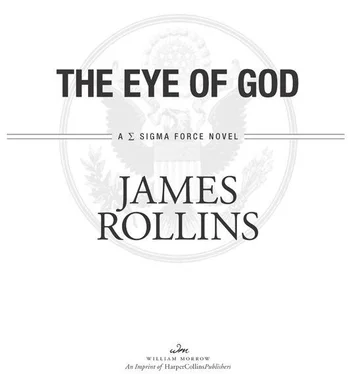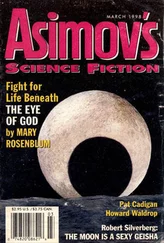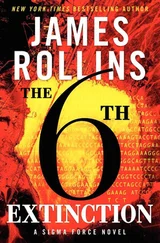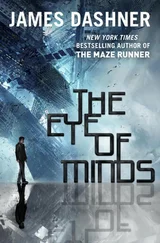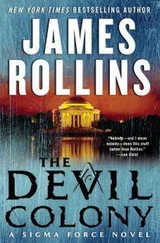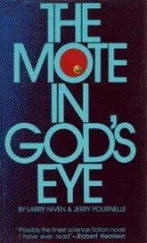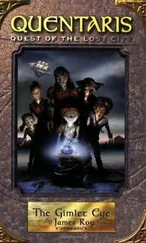Monk tapped one of his prosthetic fingers on the table. “So you’re saying that these twelve were tortured to death to find the location of some lost treasure.”
“Not just any lost treasure.” Josip looked hard again at Vigor, as if expecting him to understand this cryptic response.
He didn’t. He remained mystified and was about to say so—when suddenly he knew, putting the clues together in a sudden flash of insight.
“The Tisza River!”
Josip smiled.
“What about it?” Jada asked.
Vigor sat up straighter. “It wasn’t just the tomb of Genghis Khan that vanished into the mists of time. But also the grave of another conquering warrior, a local Hungarian hero.”
Rachel caught on. “You’re talking about Attila the Hun.”
Vigor nodded. “Attila died from a nosebleed during his wedding night in AD 453. Like Genghis, his soldiers buried him in secret with all his pillaged treasures, slaughtering anyone who knew the tomb’s location. The story goes that Attila was entombed inside a set of three coffins. One of iron, another of silver, and the innermost one of gold.”
Monk’s finger stopped tapping. “And no one ever discovered where he was buried?”
“Over the centuries, rumors abounded. But most historians believe his soldiers diverted the flow of the Tisza River, buried him in a secret vault beneath its mud, then returned the river to its original course.”
“That would certainly make it hard to find,” Monk admitted.
Struck by another insight, Vigor swung to Josip. “But wait, you mentioned that drought during the eighteenth century, the one that triggered the witch hunts.”
“When rivers dwindled to trickles,” Josip agreed, still smiling.
“It could’ve exposed that secret vault!” Vigor imagined the receding waters revealing Attila’s secret. “Are you saying someone actually found it?”
“And tried to keep it secret,” Josip added.
“The twelve conspirators . . . the twelve accused witches.”
“Yes.” Josip leaned his elbows on the table. “But unknown to the people of Szeged, there was a thirteenth witch.”
6:07 P.M.
Duncan returned to the subterranean library to find everyone seated in stunned silence. Sensing he had missed something important, he carried the two archaeological relics to the table, the pair still wrapped in their insulating foam. He preferred not to handle them directly with his sensitive fingertips.
He leaned toward Jada and whispered, “What happened?”
She shushed him, waving him to the bench.
As he sat, the monsignor asked Josip, “What thirteenth witch?”
Duncan frowned at the odd question.
Yep , I definitely missed something.
6:09 P.M.
Vigor waited for Josip to explain.
“From the records,” his friend said, “I discovered that the bishop of Szeged had failed to attend that particular witch trial, a rarity for the pious man. That struck me as odd.”
It would be odd, Vigor thought.
“So I sought out his personal diaries and found them stored at the Franciscan Church in town, a church that dates back to the early fifteen hundreds. Many of the books were water damaged or destroyed by mold. But in one of his journals, I found a hand-drawn picture of a skull resting atop a book. It reminded me of the accusations from the trial. Written in Latin below it were the words: God , forgive me for the trespass , for my silence , and for what I must take to my grave. ”
Vigor could guess Josip’s next move. “So you sought out his grave.”
“His remains were stored in a mausoleum under the church.” From the reddening of his friend’s face, it was clear Josip’s next words clearly shamed him. “I did not ask permission. I was too impatient, too sure of myself, deep in a manic phase where every action seemed right.”
Vigor reached across and touched his arm, reassuring him.
Looking at the tabletop, Josip admitted his crime. “In the dead of night, I took a sledge to the marble front and broke inside.”
“It was there you found the skull and the book.”
“Among other items.”
“What items?”
“I discovered a final note from the bishop, his written confession sealed in a bronze tube. In it, he explained about the discovery of Attila’s grave site. How a farmer stumbled upon it in the dry riverbed—only to find the vault empty, ransacked long ago. Except for an iron box resting on a pedestal, preserving a few precious items.”
“The skull and the book.”
“Superstitious fear drove the farmer to the town bishop. He believed he’d stumbled upon the meeting place for a coven of witches. Upon hearing this, the bishop commissioned twelve of his most trusted allies to accompany him to the site.”
“The twelve who were burned at the stake,” Vigor said.
“Correct. At the river, the group discovered who had ransacked the vault. They found a calling card left behind by the thieves, a wrist cuff of gold sculpted with the images of a phoenix fighting demons, with the name Genghis Khan inscribed on it.”
So Genghis Khan found Attila’s tomb . . . ?
It was not beyond the realm of possibilities, Vigor realized. Their two empires—though centuries apart—overlapped geographically. Genghis must have heard the stories of Attila’s burial and sought the treasures hidden within. Mongol forces never fully subjugated Hungary, but there were skirmishes back and forth for decades. During one of those campaigns, some prisoner must have talked, likely under torture, and the tomb was discovered and ransacked.
None of this, of course, answered the larger question.
Vigor stared at Josip. “But how did Genghis Khan’s skull and a book bound in his skin end up back in Attila’s old vault?”
“Because of a warning of doom.”
Josip nodded to Sanjar, who had been obviously waiting for this signal. The man carried forward a sheaf of pages, each protectively sealed in Mylar plastic sleeves.
“These pages were also found inside Attila’s vault.”
They were placed before Vigor. He glanced at the ancient pages, where faint handwriting could be discerned. Squinting, he saw words written in Latin.
He translated the opening lines. “This is the last testament of Ildiko , descended blood of King Gondioc de Burgondie. These are my dying words from the past to the future . . .”
Vigor glanced up, recognizing the name. “Ildiko was Attila’s last wife. Some believed she murdered the Hun with poison on their wedding night.”
“So she admits here.” Josip touched the stack of paper. “Read the pages at your leisure. She wrote them while buried alive in that vault with Attila’s body, a murder she committed at the behest of the Church.”
“What?” Shock rang in Vigor’s voice.
“Through intermediaries, Pope Leo the Great enlisted her to recover what had been given to Attila the year prior, an ominous gift to frighten the superstitious king of the Huns away from the gates of Rome.”
Vigor knew about that fateful meeting—except for one detail. “What did the pontiff give him?”
“A box. Or rather three boxes, one inside the other. The outer of iron, then silver, then gold.”
The same as the rumored coffins of Attila.
Was this papal gift the source of that story? Or did Attila copy it for his own grave?
“What was inside the box?” Rachel asked, striking for the heart of the matter.
“First, there was a skull, inscribed in ancient Aramaic.”
Vigor pictured the writing he had examined in Rome. “So the box held the original relic, the one that was used as a template for Genghis’s skull.”
Читать дальше
